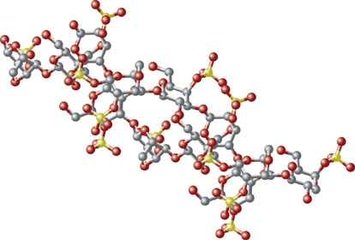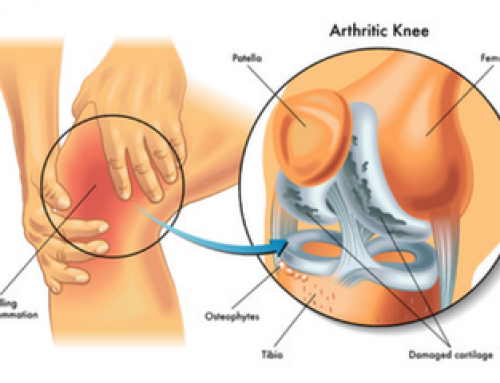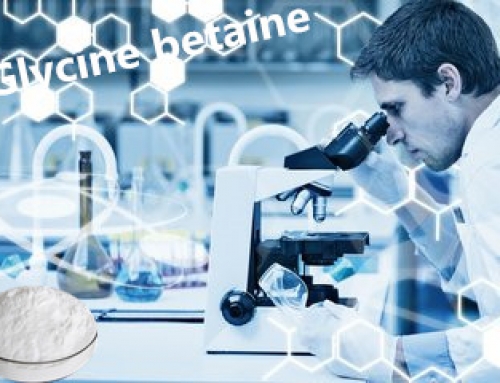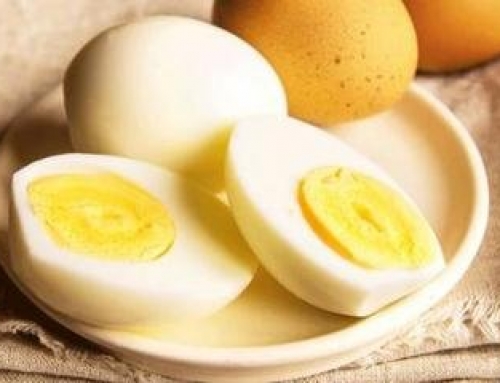Polysaccharides
It is a compound composed of many the same or different monosaccharides with α- or β-glycosidic bonds, which are ubiquitous in natural plants, including starch, cellulose, polysaccharides, pectin and the like. Due to the wide variety of plant polysaccharides, the molecular composition and molecular weight of plant polysaccharides of different species are different. Some plant polysaccharides such as starch, cellulose, and pectin have long been an important part of people’s daily lives.

Nowadays, research on it has received increasing attention. The international scientific community even proposed that the 21st century is a century of it; scientific experimental studies have shown that it is biologically active, including immunomodulation, anti-tumor, hypolipidemic, anti-radiation, Antibacterial, anti-viral, liver protection and other health effects. Therefore, it have been widely used in the public life fields such as medicine and catering.
Regulate immune function
Many of it can significantly improve the phagocytic index of macrophages and stimulate the production of antibodies, thus enhancing the immune function of the human body.
Inhibition of tumor
Some of it have a strong inhibitory effect on cancer cells and have antitumor activity. For example, lentinan has been used as an adjuvant treatment for malignant tumors such as primary liver cancer.
Anti aging
Lentinus edodes polysaccharides and tremella glycosides can significantly reduce the content of lipofuscin in cardiomyocytes of the body and increase the activity of SOD enzyme in brain and liver tissues, thus delaying the aging of the body
Anti-fatigue
Some of it have the effect of lowering the body’s lactate dehydrogenase activity, can significantly increase the liver glycogen content and improve the body’s exercise capacity, and make the body quickly return to normal after exercise, thus having anti-fatigue effect.
Radiation resistant
Animal experiments showed that Astragalus polysaccharide, ginseng polysaccharide, Angelica polysaccharide, Bupleurum polysaccharide, Ganoderma lucidum polysaccharide, Lycium barbarum polysaccharide, Polygonatum polysaccharide, Cordyceps polysaccharide, Aloe polysaccharide, Yellow mushroom polysaccharide, Spirulina polysaccharide, Rhododendron chinensis polysaccharide, Yunzhi polysaccharide, Auricularia polysaccharides protect mice from radiation damage. In fact, whether it is a polysaccharide derived from plants, animals or microorganisms, it has a certain anti-radiation effect.
Antibacterial, antiviral
Numerous studies have shown that many of it have inhibitory effects on bacteria and viruses, such as HIV, herpes simplex virus, influenza virus, cystic gastritis virus, etc.







Leave A Comment